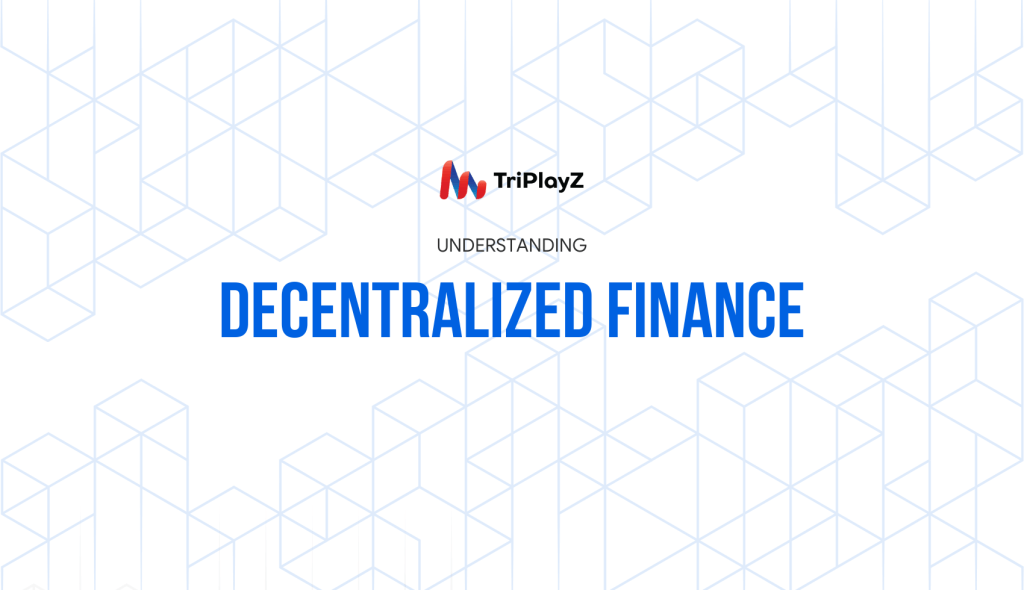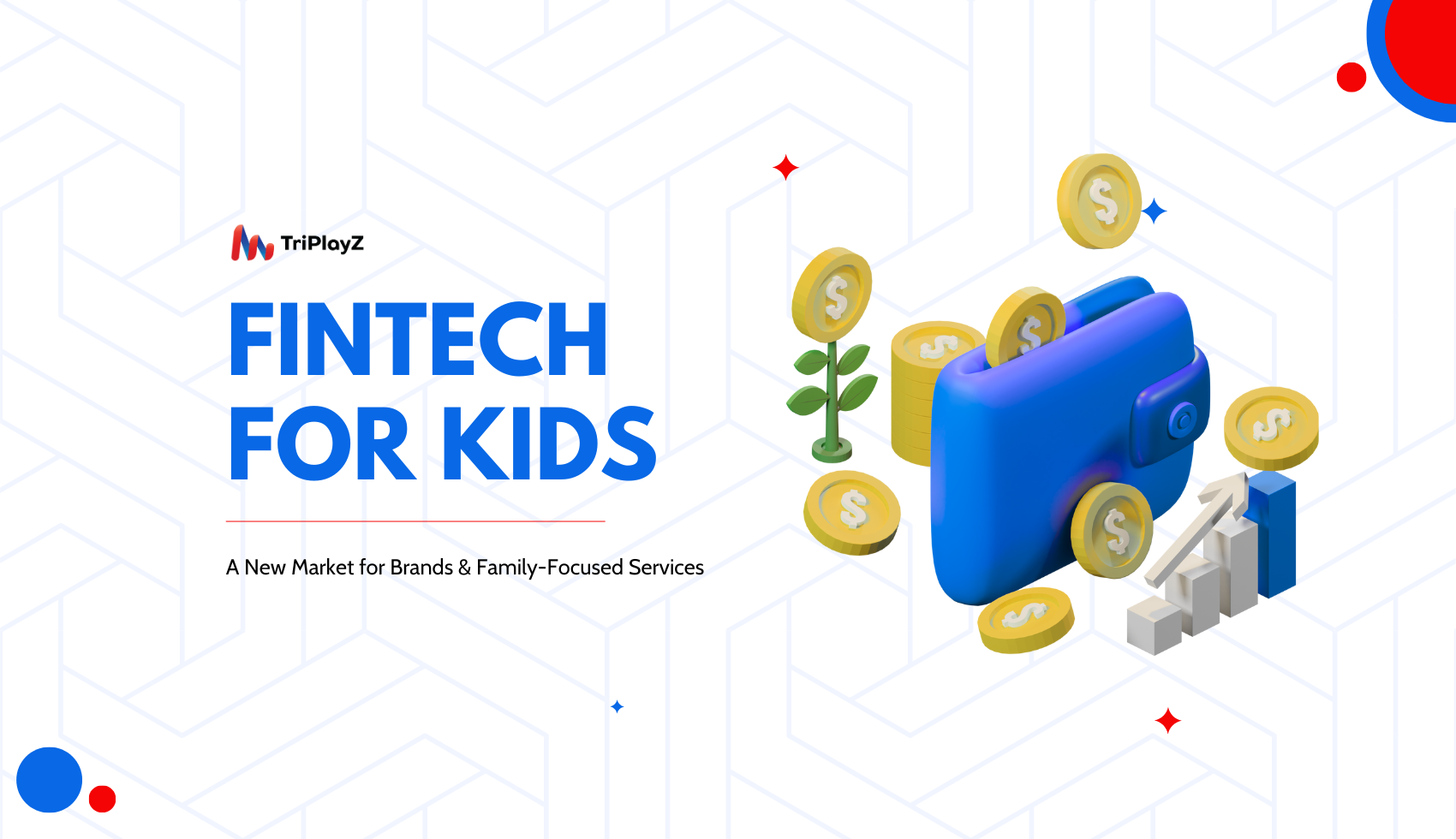Fintech for Kids: New Thriving Market for Brands & Family-Focused Services
In the digital era, teaching kids about money has become an essential life skill. Financial technology (Fintech) applications not only help children understand the value of money, learn how to spend wisely, and save smartly, but also support parents in managing household expenses more effectively. This lays the foundation for sustainable personal money management from an early age.
Why Fintech is a Powerful Tool for Children's Money Management
01
What is Fintech for Kids?
Fintech for kids refers to financial products and services designed specifically for young users, equipping them with tools to learn how to manage money safely and effectively.
Through digital platforms and applications, children can practice essential financial skills such as:
- Saving
- Spending
- Investing (under parental supervision)
IBS intelligence Highlights that the kids’ fintech market is booming as more parents seek early financial literacy activities for their children. Indeed, the journey toward responsible financial management should start young—the earlier, the better.

Fintech helps kids build money skills through real-life experience.
02
FinTech for Kids: Research Landscape
The global market for youth’s fintech is experiencing significant growth as more parents look for ways to teach their child about money.
According to Crunchbase, in the past five years, investors have poured over $500 million into 89 fintech products tailored to children and teens. Popular platforms like Greenlight, GoHenry and Step Mobile,have attracted between 2 to 4 million active users each.

Fintech bridges learning and real-life money choices.
As of 2025, the fintech-for-kids sector in Vietnam is emerging and gaining traction. This reflects both the digitalization trend in financial education and the increasing demand for tools that offer financial literacy activities for kids and teenagers.
Apps such as MoMo, ZaloPay, and ViettelPay now include features designed for younger users, helping them practice money management activities and develop financial responsibility. The widespread adoption of personal finance apps has also made it easier for families to plan budgets and manage expenses while giving parents tools to teach their children financial skills.
With a young population and high technological accessibility, Vietnam represents a promising market for fintech companies to develop financial education software, fostering personal money management awareness among the next generation.
When Financial Technology Influences How Children Think About Money
In the digital age, financial literacy is no longer just a family duty—it is also a business opportunity. Fintech applications for children not only promote wise spending habits but also help parents manage household expenses better.
Before diving into real-world examples, let’s look at some of the pioneering platforms that are reshaping how kids interact with money—learning to save, spend, and invest—while giving parents digital tools to monitor and guide their child’s financial journey.

BIDV Smart Kids is the first digital banking service in Vietnam tailored for children aged 6 and above.
It allows children to directly access banking services and manage basic transactions such as checking balances, transferring money within limits, and reviewing transaction history.
Parents can monitor activities and set spending limits, which promotes early financial literacy and builds healthy money habits.
Little Wallet is a Singapore-based fintech startup that partnered with Visa to launch in Southeast Asia, including Vietnam.
The app creates a family banking ecosystem with a digital wallet where both parents and children engage in managing money.
Children learn to save, budget, and plan using features like “Save Now, Buy Later.” It also helps parents guide their kids in developing financial literacy through everyday personal finance activities.
At Finspark 2025, team FinNova introduced Vbee—a Mobile Money app designed for kids—which won second place with its focus on financial education.
The project develops tools and programs to help children learn basic financial skills such as saving, budgeting, and planning through practical and classroom-based financial literacy activities for elementary students.

4 Solutions for Parents and Businesses
Below are practical solutions that a fintech-for-kids system can offer, benefiting both families and financial education companies:
01
Parent-Child Linked Wallets
This solution allows parents to supervise their child’s spending habits monthly, including:
- Categorizing family expenses
- Maintaining separate income/expense records for children, linked with the parent’s wallet
- Real-time spending notifications and limit settings

02
Cashless Payment Options for Children
Using child-friendly bank cards or QR codes linked to sub-accounts:
- Convenient and secure—no need for physical cash
- Enhances children’s digital literacy
- Can be integrated with schools, bookstores, and mini marts

03
Simulated and Real Investing
Create opportunities to learn through:
- Simulation investing: helps children make financial decisions without real risk
- Controlled real investing: allows real transactions within limits set by parents, teaching effective money management

04
Goal-Based Savings Jars
Children can divide money into various “jars” for specific goals:
- Helps kids learn personal finance through specific objectives (e.g., toys, gifts, long-term savings)
- Teaches the value of labor and smart spending habits through gamified financial literacy software

Consider this for your next FinTech ideas
Digital wallets allow kids to see the impact of each transaction clearly.
Parents can teach through hands-on experiences rather than theory alone.
Financially educated kids will grow into adults who can confidently manage monthly budgets—something even many adults struggle with.
Find out more of our content

Quoxis – TRIPLAYZ – EAERA: An Organizational Operating System

Understanding DeFi: How Financial Innovation Is Shaping the Future
Partner with Us
for Comprehensive IT
We’re happy to answer any questions you may have and help you determine which of our services best fit your needs.
Your benefits:
- Client-oriented
- Independent
- Competent
- Results-driven
- Problem-solving
- Transparent
What happens next?
We schedule a call at your convenience
We do a discovery and consulting meeting
We prepare a proposal




